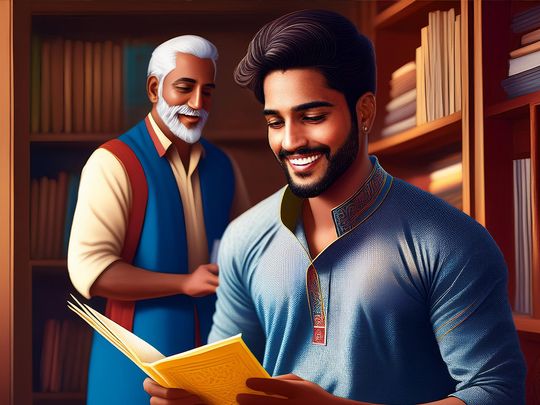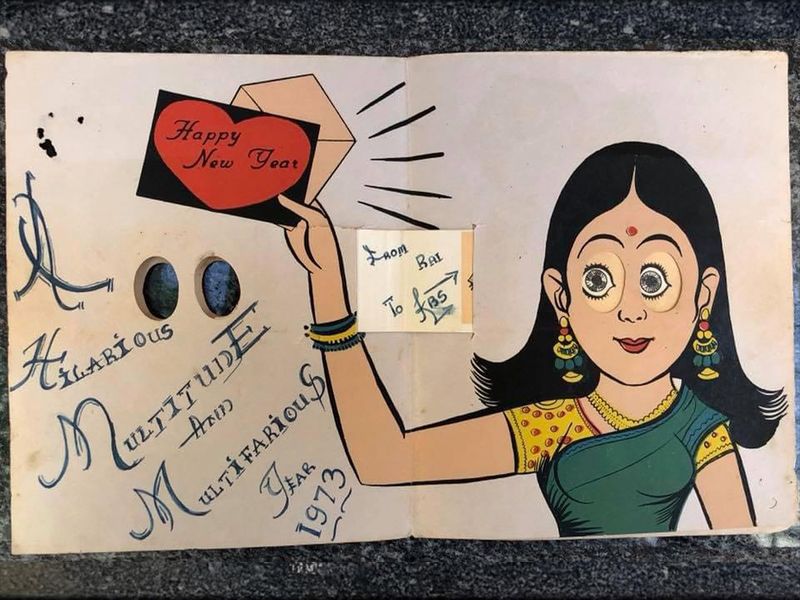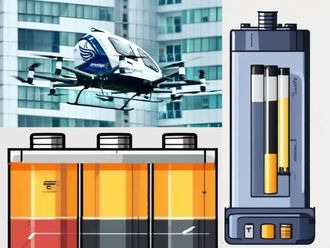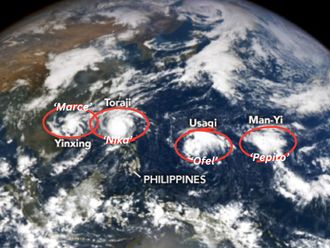
The lost art of letter writing: In a world increasingly dominated by digital communication, handwritten letters and postcards offer a unique and personal way to connect with others. These series explore the nostalgic charm and enduring value of letter writing, from heartfelt family correspondences to forgotten love letters.
Cleaning out your wardrobe can often feel like a trip down memory lane, stirring up feelings of nostalgia. You might even stumble upon a long-forgotten treasure that you thought was lost forever.
During a recent visit to my hometown in Mysuru, in the south Indian state of Karnataka, I volunteered to sort through the upper shelves of my dad’s wardrobe, which were out of his reach. Among other things, I found a few old suitcases that hadn’t been used in years. As I carefully went through each one, I discovered a variety of items collected over the years. Since my dad served in the army and was posted in different parts of the country, the suitcases were filled with an eclectic mix of memorabilia, including his cherished war medals, neatly wrapped in a leather case.

As I continued exploring, a sealed envelope caught my eye. Curious, I asked my dad about it, but he seemed indifferent. Yet, the broad smile that followed piqued my interest. I opened it eagerly and was amazed to find an assortment of letters and greeting cards my parents had written to each other a couple of years before their wedding in 1975.
At that time, my dad was stationed in North India while my mom worked as a nurse at a government hospital in Madikeri, a town in Karnataka famously known as Coorg. Back then, phone calls were a luxury, so they communicated through inland letters via the Indian postal service.
Reading through those letters, I was struck by how simple life was in those days. Most of their conversations revolved around everyday details—how they spent their time at home and work. One of the letters I came across was a New Year’s card from 1973 that my dad sent to my mom, capturing a moment of affection from a bygone era.








